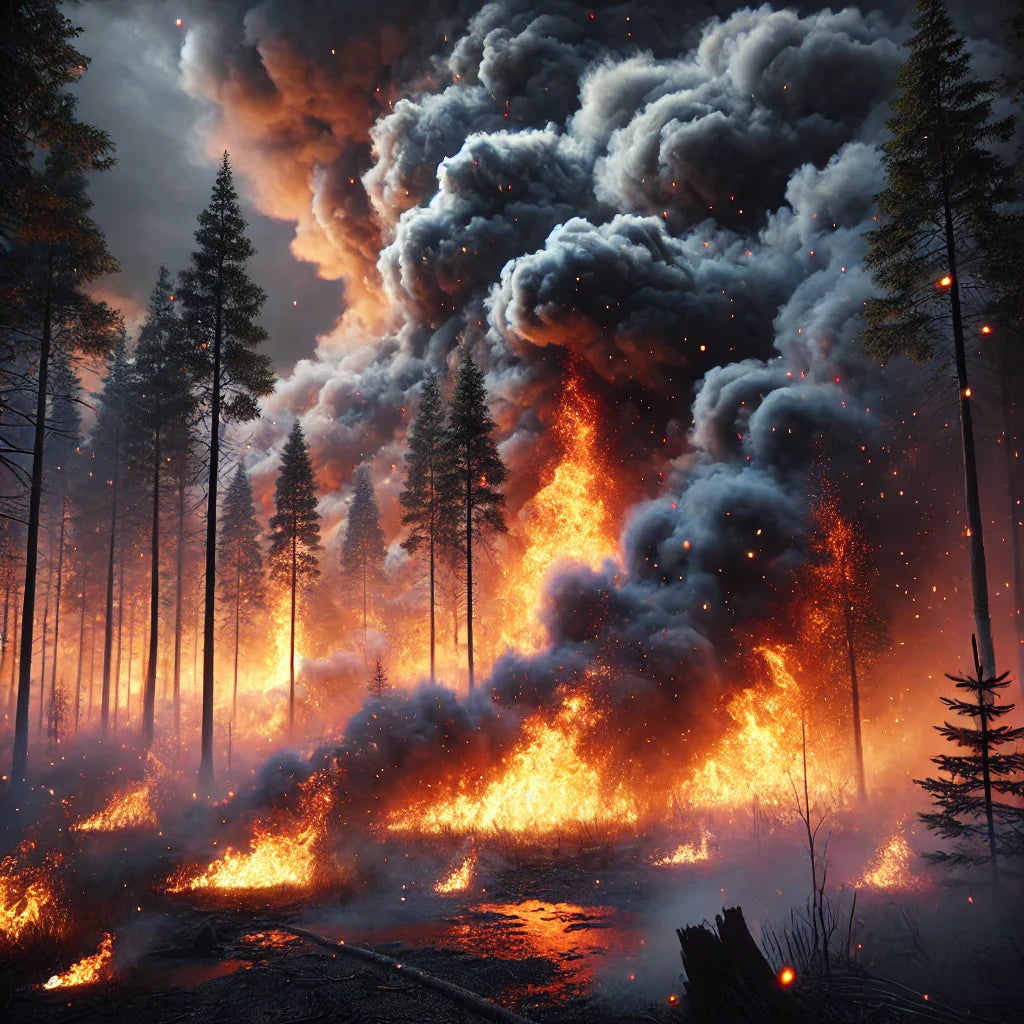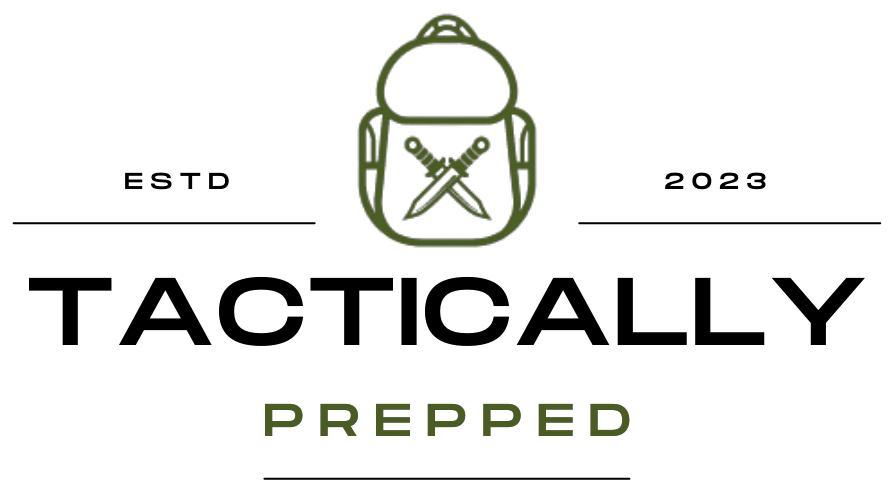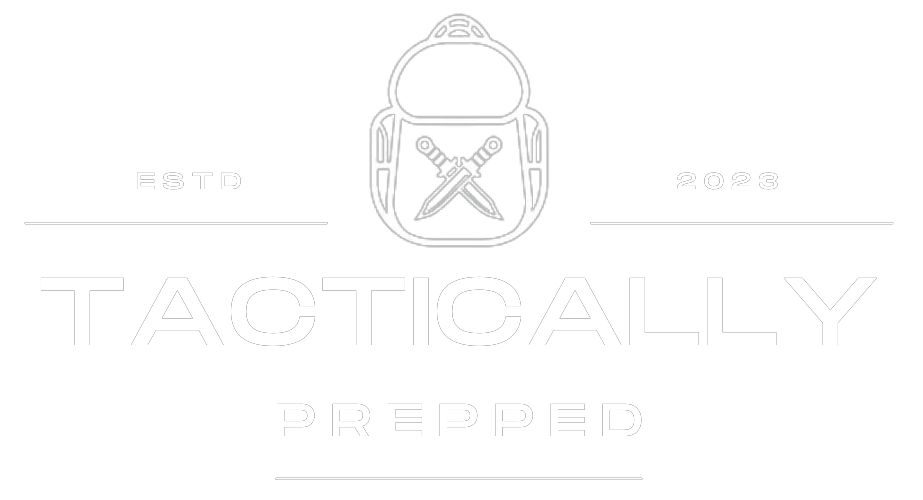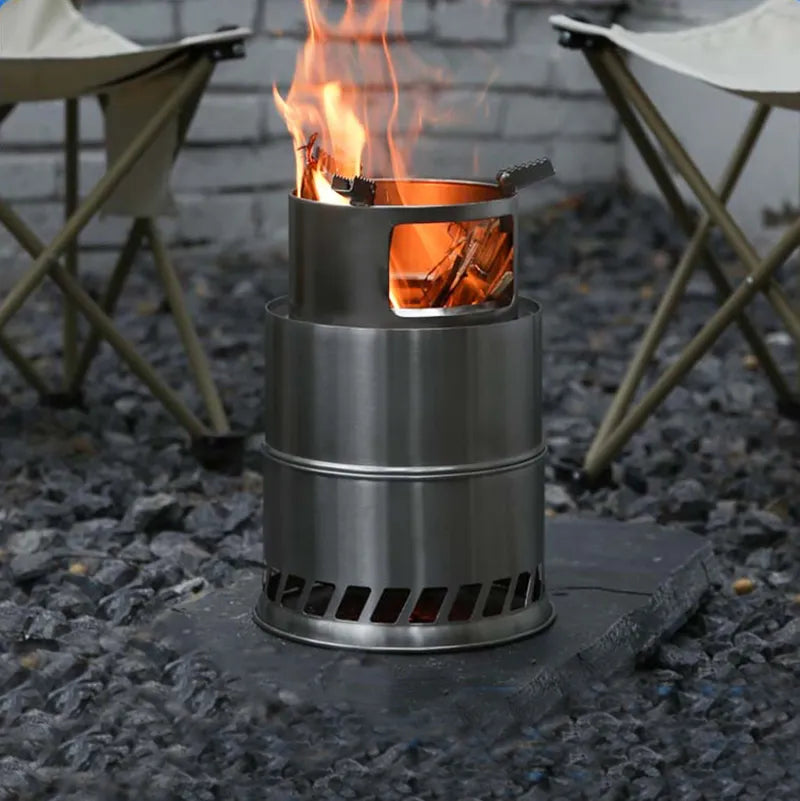
Surviving a Fire: What You Need to Know to Stay Prepared
Fires are one of the most devastating and fast-moving disasters a person can face. Whether it’s a wildfire sweeping through a community, an electrical fire in your home, or an industrial accident, fire doesn’t wait, and every second counts. Understanding how to prepare and respond effectively can mean the difference between life and death. Let’s dive into some real-world examples and actionable tips to help you survive a fire.
Real-World Example: Paradise, California Wildfires
In November 2018, the Camp Fire swept through Paradise, California, destroying nearly the entire town. Over 85 people lost their lives, and thousands of homes were reduced to ashes. Many residents had mere minutes to evacuate, and those who were unprepared faced harrowing escapes.
What We Can Learn:
- Have a Go-Bag Ready: Residents who had pre-packed emergency kits were able to grab their essentials and evacuate more quickly.
- Know Your Routes: Some people became trapped because they didn’t know alternate evacuation routes. Familiarize yourself with multiple exits from your neighborhood.
- Stay Informed: Sign up for emergency alerts and weather notifications in your area to get as much advance notice as possible.
How to Prepare for a Fire
1. Create a Fire Escape Plan
Every second counts in a fire. Create a detailed escape plan for your home, workplace, or any other location where you spend significant time. Include:
- Two exits from every room.
- A designated meeting spot outside the danger zone.
- Regular drills to ensure everyone knows the plan.
2. Keep a Bugout Bag Handy
Your bugout bag should include essentials like:
- A flashlight.
- Respiratory masks to protect against smoke inhalation.
- A first aid kit.
- Copies of important documents.
- Non-perishable food and water.
Our Tactically Prepped 72-Hour Bugout Survival Bag is a great solution, offering 220 essential items designed for emergencies like fires.
Real-World Example: Worcester, Massachusetts Warehouse Fire
In 1999, six firefighters lost their lives in a warehouse fire after becoming disoriented in thick smoke. This tragic event highlights how quickly smoke can overwhelm even trained professionals.
What We Can Learn:
- Protect Your Airway: Smoke inhalation is the leading cause of death in fires. A simple N95 mask or a more advanced respiratory mask can make a significant difference.
- Stay Low: Smoke rises, so staying close to the ground reduces your exposure and improves visibility.
What to Do If a Fire Starts
1. Act Fast
Fire doubles in size every 60 seconds. Don’t waste time gathering items or trying to extinguish a large blaze. Focus on getting yourself and your family to safety.
2. Stay Calm and Focused
In a 2019 house fire in Tennessee, a mother saved her children by remaining calm and methodically guiding them to safety. Panic can cause poor decision-making. Take a deep breath and execute your plan.
3. Alert Emergency Services
Call 911 as soon as you’re in a safe location. Provide them with as much detail as possible about the fire and any individuals who may still be inside.
After the Fire: What’s Next?
Surviving the immediate danger is only the first step. Here’s how to navigate the aftermath:
- Document the Damage: Take photos and videos of your property for insurance purposes.
- Seek Temporary Shelter: Contact local disaster relief organizations like the Red Cross for assistance if needed.
- Review Your Preparedness Plan: After a fire, evaluate what worked and what didn’t in your plan, and make improvements for the future.
Closing Thoughts
Fires are unpredictable and dangerous, but being prepared can save lives. Whether it’s a wildfire, house fire, or industrial blaze, the key to survival is planning, quick action, and having the right tools. At Tactically Prepped, we’re committed to helping you stay ready for the unexpected.
Take action today—review your fire safety plan, pack your emergency bag, and stay informed. Remember, it’s not about living in fear; it’s about living with confidence that you’re ready for anything.
Stay safe, stay prepared, and stay tactically prepped.




